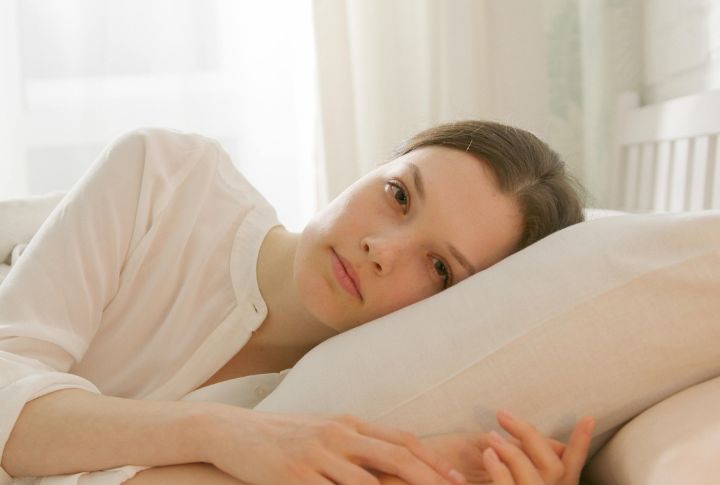
You open your eyes before the alarm and realize it’s much earlier than you’d like. Sleep doesn’t return, no matter how hard you try. The morning stretches longer, and the day feels heavier than it should. It might seem like just a small annoyance, but waking up too early often carries a reason. Let’s discover what could be causing those early wake-ups and why they keep happening.
Circadian Rhythm Misalignment

The body depends on steady daily rhythms to function well, yet circadian misalignment throws this balance off. It’s especially common in shift workers, where unusual schedules disrupt hormone release and cortisol cycles. Over time, this imbalance can lead to poor sleep quality and digestive discomfort.
Stress And Anxiety
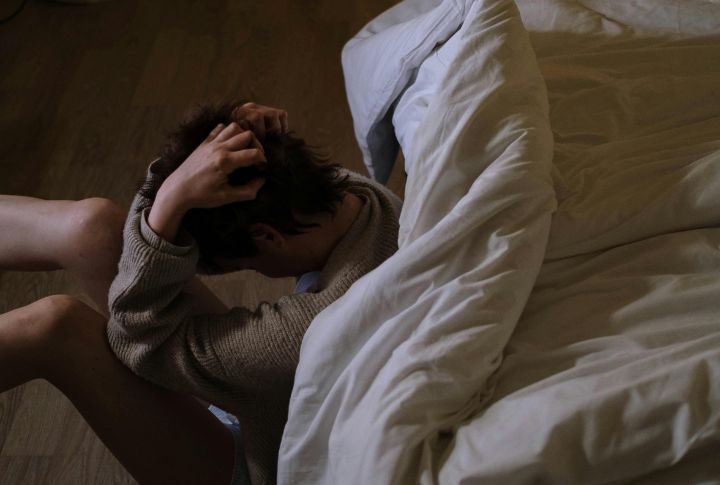
Anxiety and sleep share a close connection. When stress levels rise, the body produces more cortisol, a hormone that makes restful sleep difficult. As a result, you may find yourself waking earlier than expected. Such disrupted rhythms and lingering anxiety also make these sleep interruptions more common.
Depression Or Early-Morning Insomnia

Early-morning insomnia frequently signals major depressive disorder, disrupting natural rest patterns. This is why people experiencing persistent sadness or loss of interest may notice their circadian rhythm becoming misaligned. Meanwhile, cognitive functions suffer as memory and decision-making abilities decrease, accompanied by trouble falling asleep.
Light Exposure At Dawn
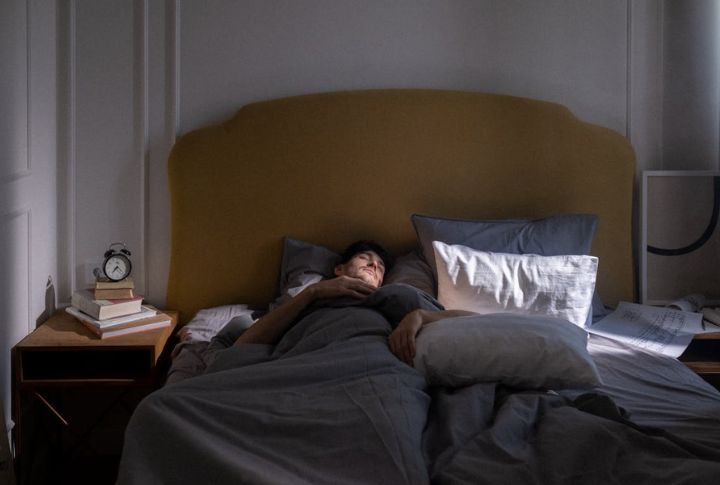
Artificial light has dramatically altered human sleep patterns since its invention. Our circadian rhythms suffer when we expose ourselves to blue light from screens in the evening. That disruption suppresses melatonin production and causes sleep difficulties, and many people now stay active long after sunset.
Aging And Sleep Changes
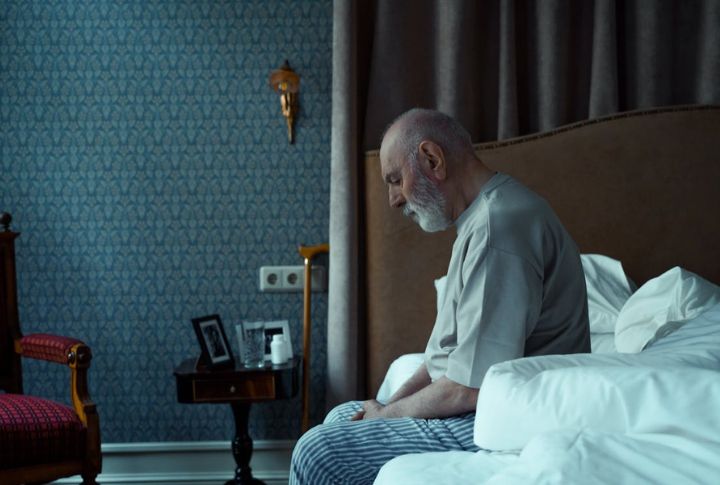
Biological changes impact sleep as years advance. The amplitude of circadian rhythms also diminishes with age, while sleep becomes lighter and more fragmented. In turn, older adults notice shifts toward earlier bedtimes. These natural modifications often lead to earlier wake times.
Hormonal Fluctuations
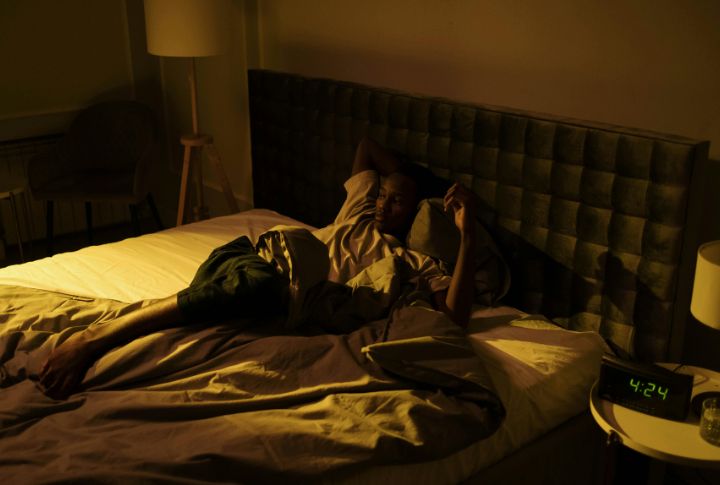
Melatonin levels naturally surge between 2 and 4 a.m., earning its nickname as the ‘hormone of darkness.’ Subsequently, disrupted circadian rhythms throw off the pituitary gland’s hormone production schedule. This causes both reduced melatonin secretion in many people and problems with body temperature and metabolic control.
Sleep Apnea And Breathing Disorders
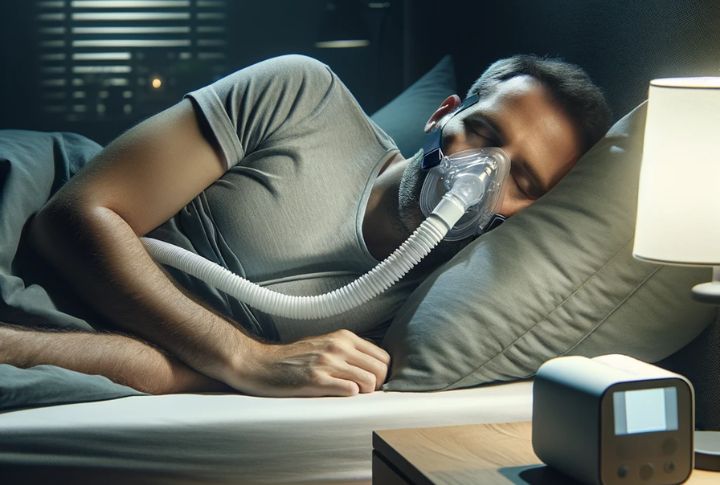
Breathing interruptions during sleep break rest and disrupt the body’s ability to fully recover. These pauses lower overall sleep quality, which causes you to wake earlier than intended. The effects carry into the day, reducing focus and leaving you with ongoing fatigue that feels hard to shake.
Poor Sleep Environment
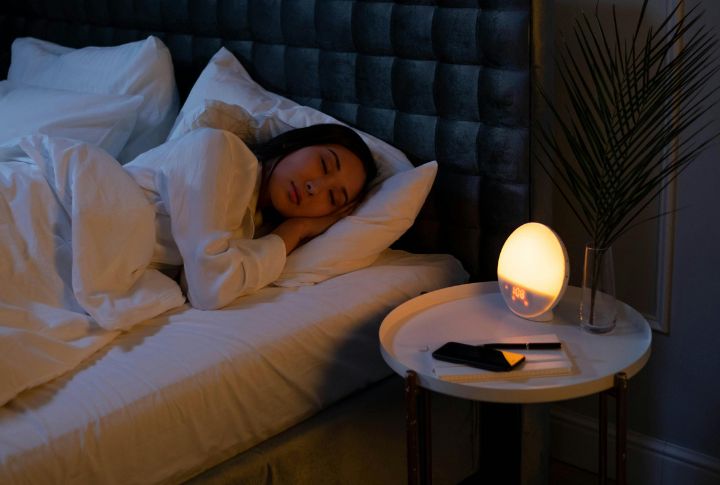
Your bedroom’s environment directly impacts sleep patterns. Temperature variations and excess noise make maintaining regular sleep schedules difficult. Additionally, even dim light interferes with natural melatonin production. These environmental factors, combined with uncomfortable bedding, can trigger digestive problems through disrupted circadian rhythms.
Caffeine, Alcohol, Or Nicotine Use

Those evening habits might explain your sleep troubles. Alcohol and nicotine consumed within four hours of bedtime disrupt sleep quality significantly. Subsequently, caffeine blocks adenosine receptors, affecting your sleep-wake cycle. In turn, these lifestyle choices contribute to circadian misalignment.
Medical Conditions (Pain, GERD, Frequent Urination)
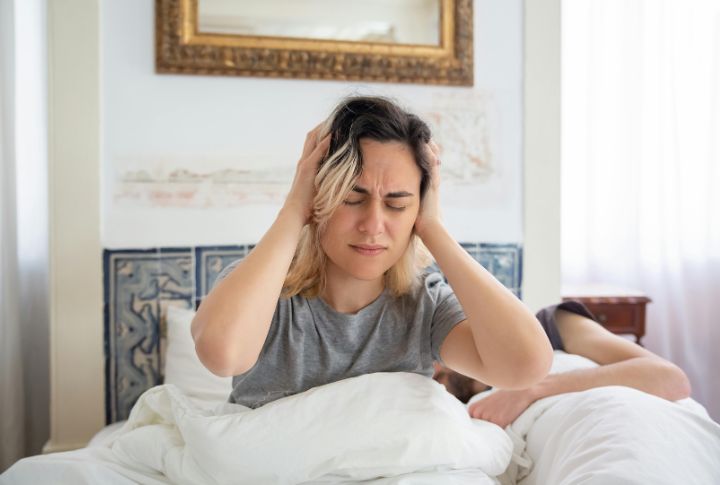
Chronic pain and small trips to the bathroom can easily interrupt your rest and break your sleep into fragments. GERD symptoms often push you awake in the early hours. These medical issues not only make consistent sleep difficult but also leave you dragging through the day with lingering drowsiness.

